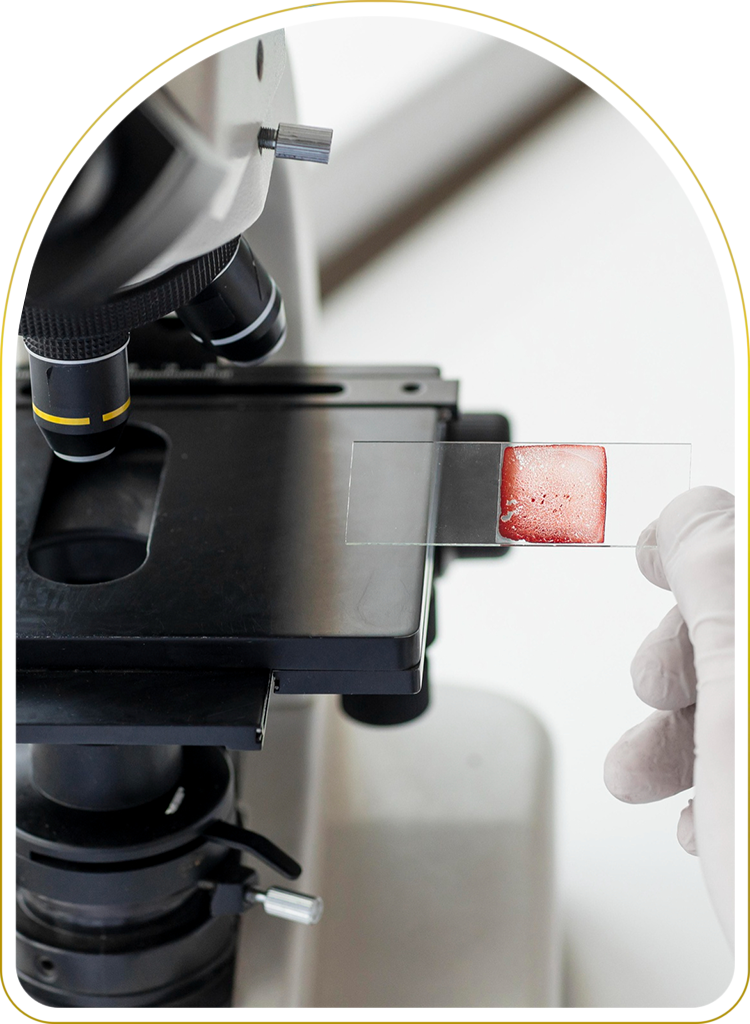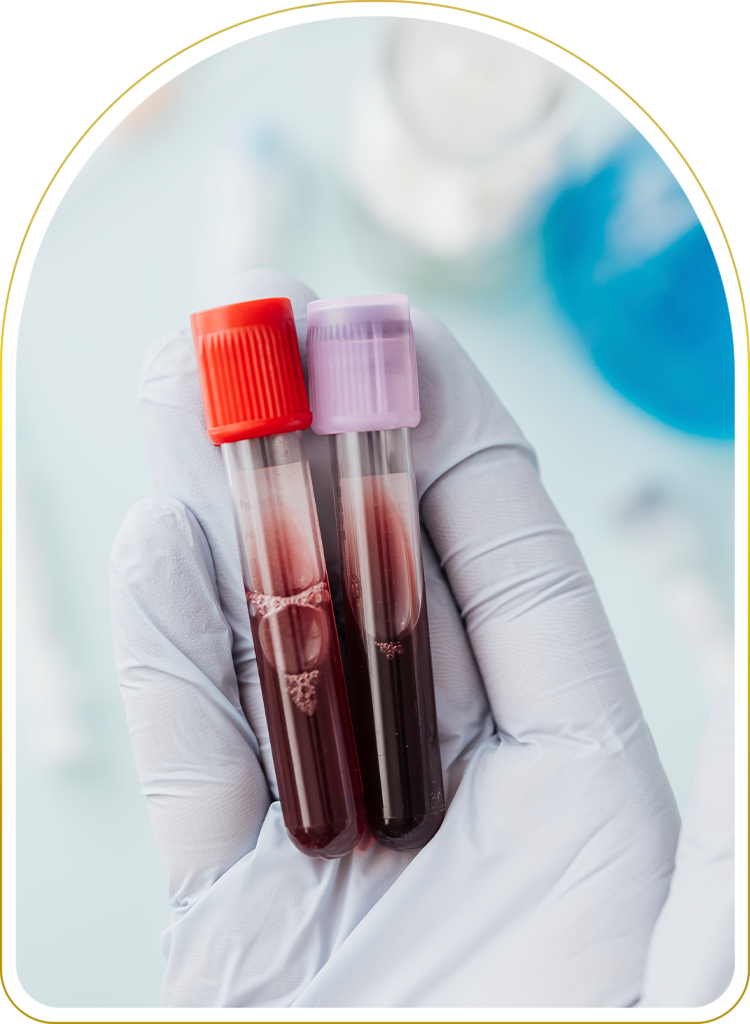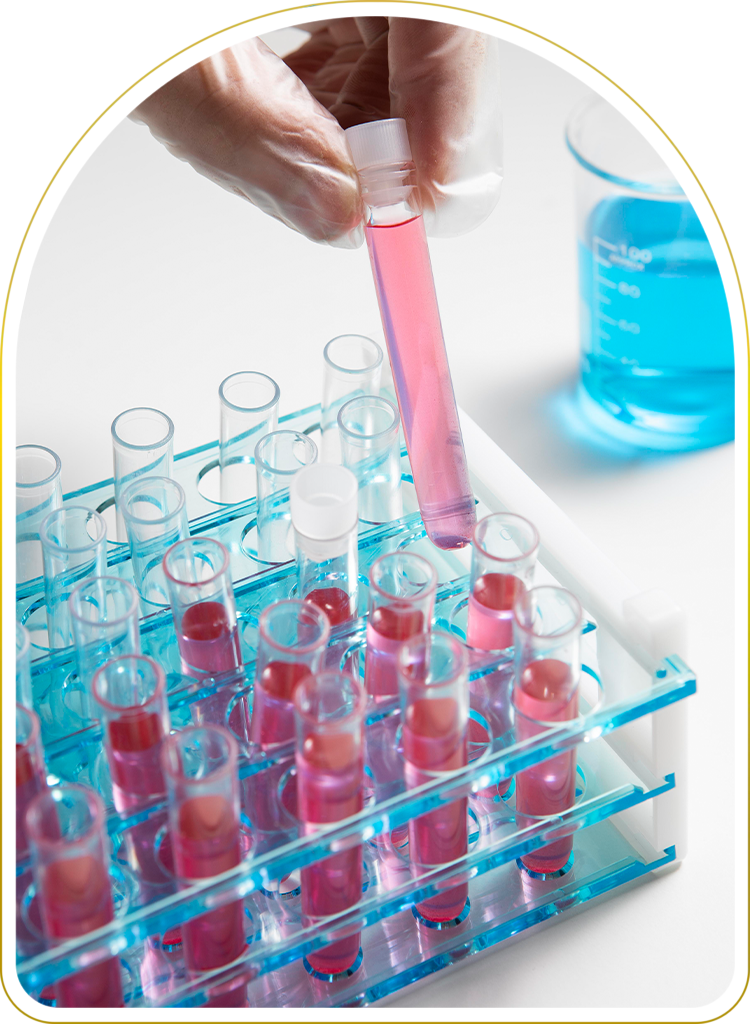HPG80 is an early cancer detection test. It’s a blood test that aims to detect cancer in its early stages by identifying small amounts of tumor DNA that circulate in the bloodstream (known as circulating tumor DNA or ctDNA). This test specifically focuses on solid tumors and can potentially detect various types of cancers before they cause symptoms or are detectable by traditional methods like imaging or biopsies. The goal is to offer a non-invasive and early way to screen for cancer, allowing for earlier intervention and treatment.

The HPG80 early cancer detection test is designed to detect more than 16 types of cancer, including brain tumors, head and neck cancers, skin cancers, lung cancers, breast cancer, liver cancers, pancreatic cancers, stomach cancers, colon cancers, rectal cancers, prostate cancers, uterine cancers, cervical cancers, neuroendocrine tumors, ovarian cancers, and kidney cancers.


The HPG80 early cancer detection test is designed for patients who:
It is a blood test that detects circulating tumor DNA (ctDNA) in the bloodstream. It’s non-invasive and doesn’t require tissue samples.
Invasiveness
It’s a non-invasive procedure that involves a simple blood draw.
Detection Capability
It aims to detect small amounts of tumor DNA circulating in the bloodstream, potentially identifying cancer in its early stages or even before symptoms arise.
Scope
Primarily focused on solid tumors and aims to detect various types of cancers.
Timing and Monitoring
Can potentially be used for periodic monitoring or tracking of cancer treatment effectiveness through changes in ctDNA levels.
Risk and Discomfort
Generally considered low-risk and involves minimal discomfort, similar to a routine blood test.
It involves the surgical removal or extraction of a tissue sample from the suspected area of cancer for analysis under a microscope.
Invasiveness
It is invasive and involves physically removing tissue, which can cause discomfort and potential complications.
Detection Capability
It provides a direct tissue sample for analysis, allowing for detailed examination of the tissue’s cellular structure, which can confirm the presence of cancer, determine its type, grade, and other characteristics.
Scope
Can be used to diagnose various conditions besides cancer, including infections, inflammatory diseases, and non-cancerous growths.
Timing and Monitoring
Often a one-time procedure used primarily for diagnosis.
Risk and Discomfort
Carries some risks associated with the invasive nature of the procedure, including bleeding, infection, pain, and in rare cases, damage to nearby structures.
If you’re concerned about potential signs of cancer or changes in your health, consider HPG80 for early detection.
Our expert team at Hortman Clinics is skilled in assessing and identifying ideal candidates for HPG80 in Dubai, ensuring precise evaluations and effective early interventions
Individuals who are concerned about their cancer risk, have a family history of cancer, seek early detection, or require monitoring during cancer treatment may consider this test.
HPG80 aims to detect more than 16 types of cancer, including brain tumors, head and neck cancers, lung cancer, breast cancer, and others.
HPG80 is not meant to replace standard cancer screenings like mammograms, colonoscopies, or pap smears. Instead, it complements these methods by offering an additional non-invasive early detection tool.
The test has shown an average accuracy rate of 83% across various types of cancers and stages, making it a promising tool for early detection.
No, the HPG80 test is a non-invasive blood test that requires a simple blood draw.
The frequency of the test may vary based on individual risk factors, monitoring needs, and healthcare provider recommendations.
© 2023, Hortman Clinics. M.O.H. Approval No. 02OYJM05-030323
